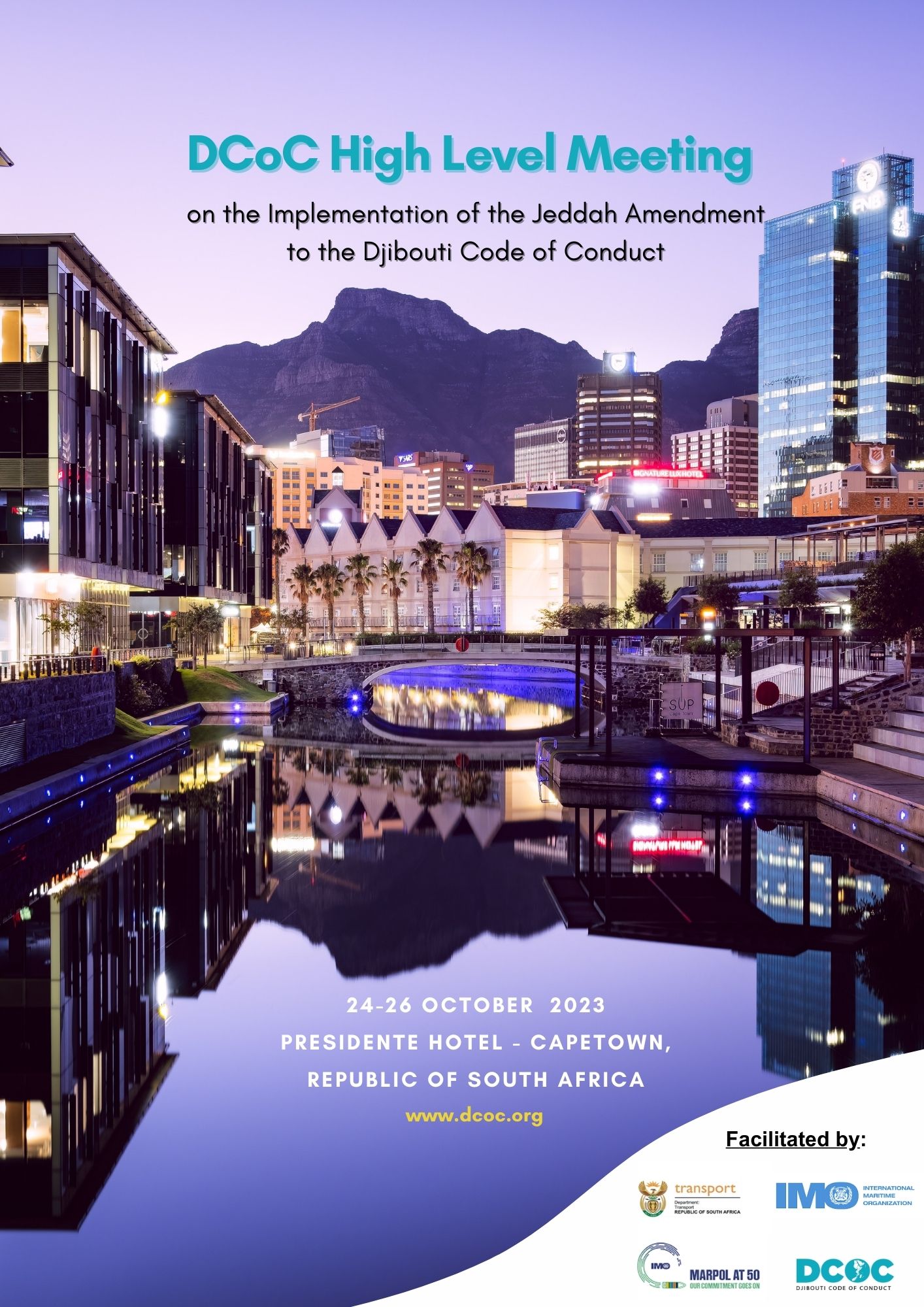Japan: Building up Capacity in the Western Indian Ocean and the Gulf of Aden
Background
The implementation of the Revised Code of Conduct Concerning the repression of piracy, armed robbery against ships, and illicit maritime activity in the western Indian Ocean and the Gulf of Aden Area, is made possible through financial contributions and in-kind support from donors and implementing partners.
Those partners, better known as the “Friends of the DCoC” (FoDCoC) include nations, industry stakeholders and organizations committed to, and capable of making a substantial contribution to the work of the DCOC(JA). Over the years the FoDCoC has played a vital role in supporting regional efforts to enhance maritime security. We get to see a highlight of each partner’s work in the last almost one and a half decades of the Code’s existence in the region:
JAPAN

Since 2009, Japan’s contribution to the IMO-based multi-donor Djibouti Code of Conduct Trust Fund aggregates at 15.53 million USD and has supported capacity-building efforts in Somalia and its neighboring countries, including the construction and upgrading of Djibouti Regional Training Centre (DRTC), thereby improving capacities for maritime security in the region. At the height of maritime criminal activities along the Horn of Africa in 2009, the Initiatives of States Countering Piracy off the Coast of Somalia received an additional 4.5 million USD for the purpose of prosecution of suspected pirates. In addition, since 2013, Japan has been providing patrol vessels and technical assistance to Djibouti Coast Guard for the improvement of its capacities for maritime security. For example, Japan provided patrol boats in 2015 and 2021.The Exchange of Notes in 2021 is to provide a 2.95-billion-yen grant for the improvement of maritime safety capability including the construction of 2 patrol vessels and the rehabilitation of a floating bridge. In addition, Japan has been holding training programmes inviting officials of maritime law enforcement agencies of Yemen, Oman, Kenya, Djibouti, Tanzania, Seychelles, and Somalia to Japan.



When the DCoC mandate was expanded in January 2017 to include other illicit maritime crimes* besides piracy and armed robbery against ships, in what was known as the Jeddah Amendment to the Djibouti Code of Conduct, Japan contributed a further 0.93 million USD (2017 -19) to IMO to assist in conducting seminars and workshops to improve the Maritime Law Enforcement capability of the coastal states around Somalia, and to procure facilities for the trainings held at DRTC.
It then matched a similar contribution to the United Nations Office on Drugs and Crime via its Global Maritime Crime Programme which has been an “international response to address piracy off the Horn of Africa” since 2010
Other regional maritime initiatives that Japan has supported since 2009 to date include conducting year-round counter-piracy operations by deploying its Japan Maritime Self Defence Forces destroyer with Japan Coast Guard officers aboard and P-3C patrol aircraft to the Gulf of Aden. It also added a Zone Defense to the region in 2013, a flight team in 2014, Self-Defense Forces (SDF) officers working with CTF 151 Commander (a multinational force whose command is rotated between participating nations) and joint exercises with various navies of European Union Naval Forces (EUNAVFOR).


Japan has further channelled up to 558 million USD (2007-2022) through its Official Development Assistance program under the Ministry of Foreign Affairs to improve the stability of Somalia, through international organizations, with necessary assistance for responding to humanitarian crisis and peace stabilization. Under ODA, developing nations such as Somalia receive services such as public security, humanitarian assistance, and infrastructure through three pillars; (1) the recovery of basic social services; (2) the improvement of the capability of security institutions; (3) and the revitalization of domestic industries.
*Human trafficking and smuggling, Illegal, unreported, and unregulated (IUU) fishing, Trafficking in narcotics and psychotropic substances, Arms trafficking, Illegal trade in wildlife, Crude oil theft, and Illegal dumping of toxic waste


